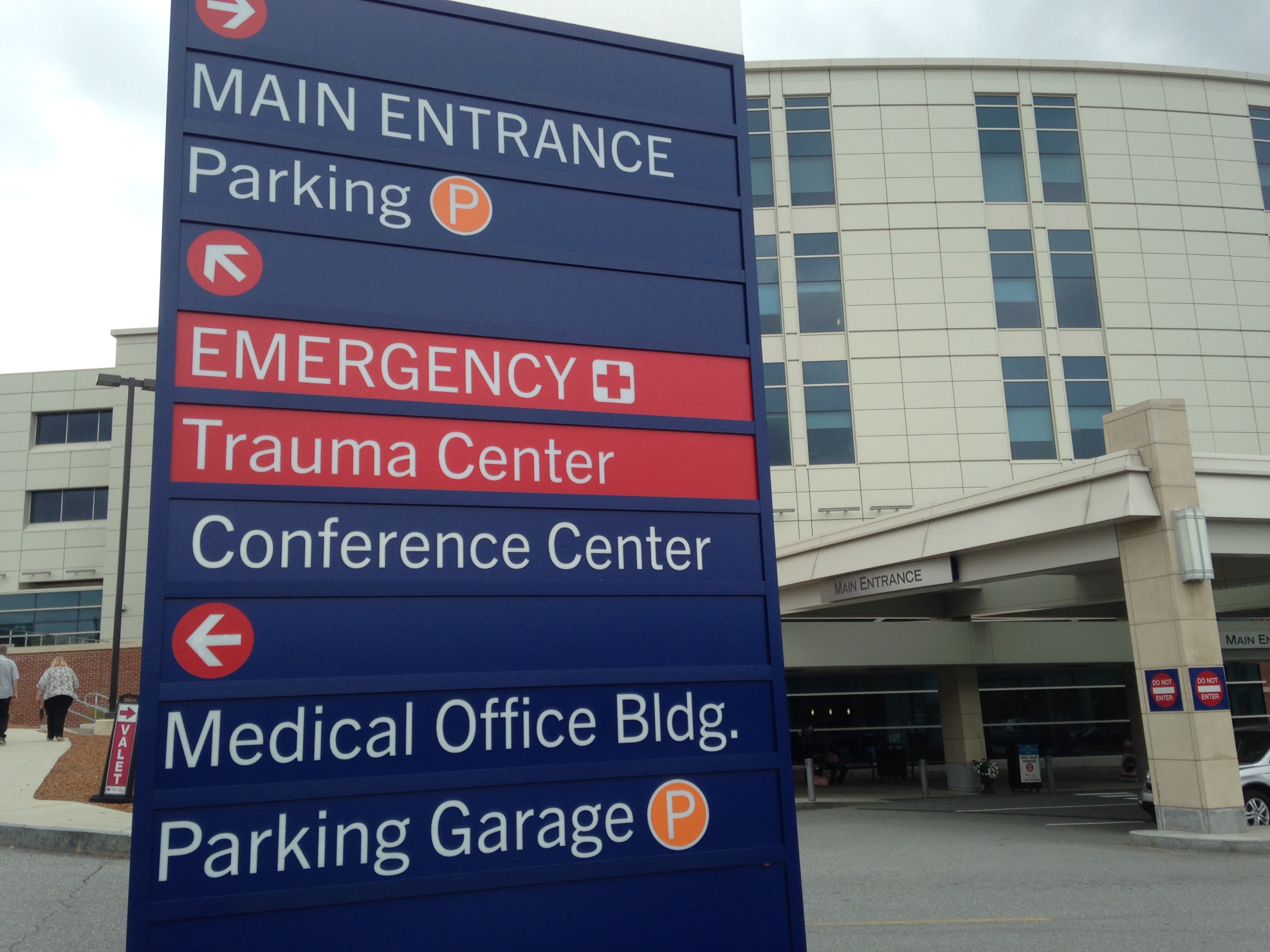
How the Young Might Benefit from Medicare
Knock on wood, I won’t need significant medical care any time soon. But if I do, I think that the coordination between my doctor, hospital and other care providers might be better than the last time I needed much care.
Knock on wood, I won’t need significant medical care any time soon. But if I do, I think that the coordination between my doctor, hospital and other care providers might be better than the last time I needed much care.
I recently learned that the health care network that manages my insurance benefits has qualified as an Accountable Care Organization under the Affordable Care Act of 2010. Stay with me past the bureaucratic-sounding phrases and I’ll explain.
My statewide insurance company hires a regional medical network to manage my insurance benefits and provide care. This regional network includes all types of health care providers: hospitals and clinics, doctors and therapists, some in group practices and some in individual practices. Right now, the strongest connection between most of these care providers is that the same medical network ensures they get paid.
That’s about to change. The regional medical network has qualified as an Accountable Care Organization (ACO) for Medicare recipients. The ACO will try to ensure that its health care providers better coordinate the care they provide to patients, reducing the need for duplicative tests, making a patient’s records readily available to all providers, and treating the patient as a whole instead of a set of individual health care problems each addressed by a different doctor. The hope is that better coordination of care will improve outcomes, such as reduced re-admission to the hospital after discharge. The ACO has a financial incentive to improve the health of the patients it cares for: any cost savings from better patient health will be shared between the government and the ACO.
Now, I’m far from qualifying for Medicare, but I like to think that the improved coordination of care provided for Medicare recipients will spill over into care for other patients. That should mean a better experience and better care for patients with fewer duplicate tests, fewer errors and better care in between formal visits to the doctor. In the long run, it might also help address the rising cost of health care.
Topics
Authors
Elizabeth Ridlington
Associate Director and Senior Policy Analyst, Frontier Group
Elizabeth Ridlington is associate director and senior policy analyst with Frontier Group. She focuses primarily on global warming, toxics, health care and clean vehicles, and has written dozens of reports on these and other subjects. Elizabeth graduated with honors from Harvard with a degree in government. She joined Frontier Group in 2002. She lives in Northern California with her son.
Find Out More

Developing the antibiotics we need

How useful are hospital price transparency tools?

More and better testing would protect us from chemical threats

